The commitment of Purdue University and the College of Veterinary Medicine to foster growth took center stage as Purdue Veterinary Medicine Dean Willie Reed recognized several faculty members during the college’s annual Promotions Celebration Wednesday, July 15. Conducted virtually, using the Zoom platform, the program honored a total of seven faculty members for being promoted or receiving special appointments.
Dean Reed opened the ceremony by emphasizing the importance of promotions in the careers of faculty members. “At Purdue University each year, well over 100 individuals are promoted,” Dean Reed said. “So it is a big step in the academic lives of our faculty.” Dean Reed explained that to be considered for promotion, a faculty member should have demonstrated excellence and scholarly productivity in at least one of three areas: discovery, learning, and engagement. “Typically the expectation is that a faculty member will show significant scholarship in more than one area. And that’s certainly the case today,” Dean Reed said.
The dossier for each faculty member being considered is evaluated first at the department-level, then at the college-level by the area promotions committee and finally at the university-level. “These faculty members have worked long and hard and achieved significant scholarship to deserve to be promoted,” Dean Reed emphasized.
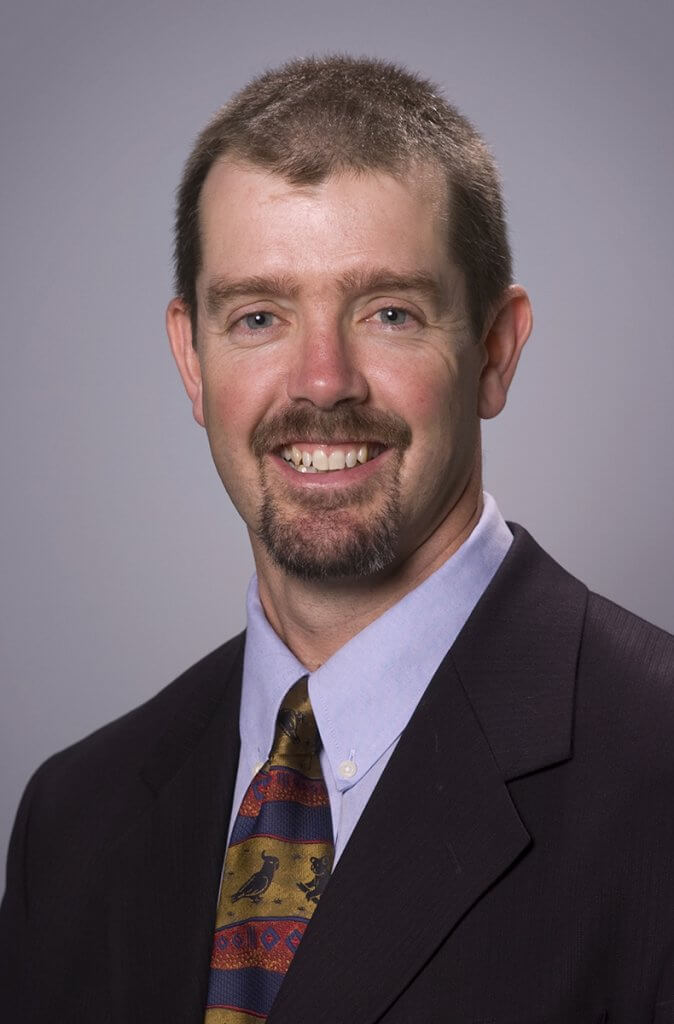
Dr. Timothy Lescun 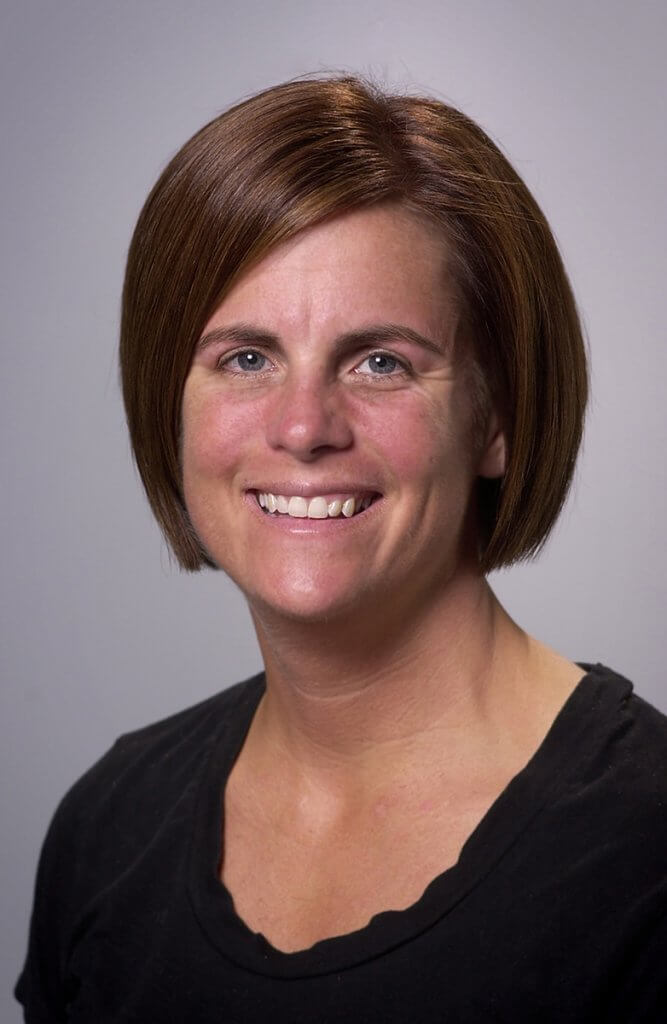
Dr. Nolie Parnell 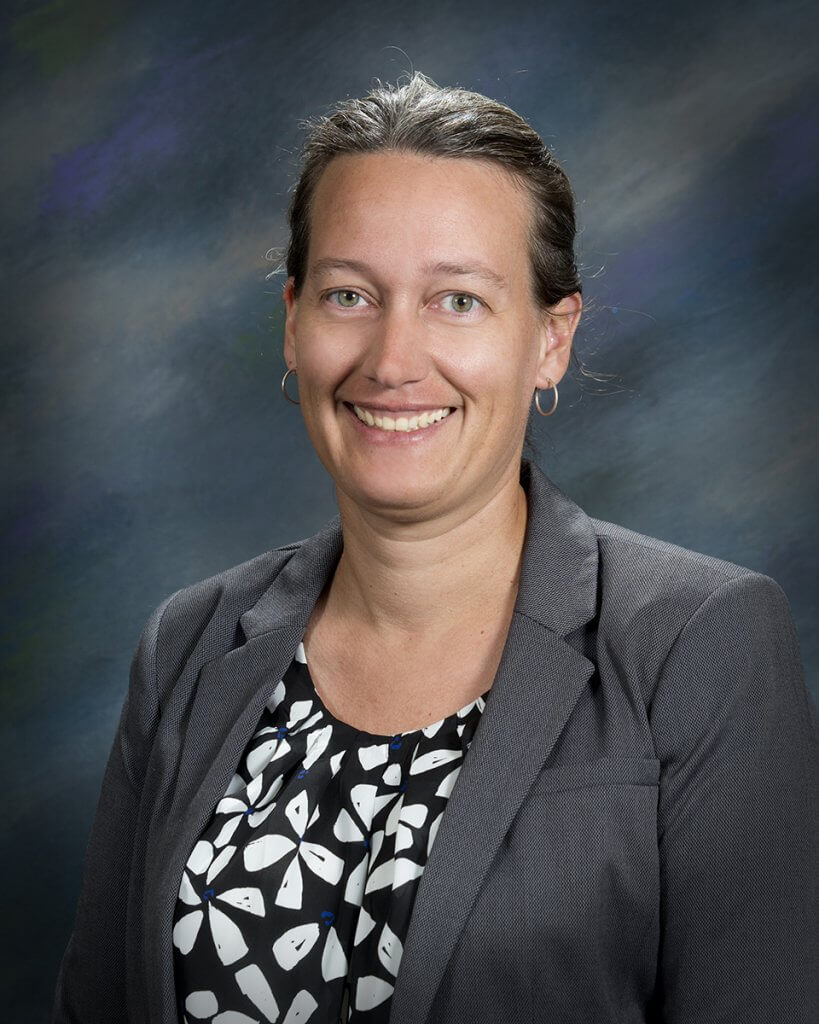
Dr. Marije Risselada
The three faculty members promoted this year are:
To Full Professor
Dr. Timothy Lescun, large animal surgery, Department of Veterinary Clinical Sciences
To Clinical Full Professor
Dr. Nolie Parnell, small animal internal medicine and chief of staff for the Small Animal Hospital, Department of Veterinary Clinical Sciences
To Associate Professor
Dr. Marije Risselada, small animal soft tissue surgery, Department of Veterinary Clinical Sciences
As the dean introduced each of the promotees, a hand-drawn illustration of the faculty member was displayed on screen for all the Zoom ceremony participants to see. The illustrations were done by Professor of Veterinary History David Williams as part of a longstanding college tradition for recognizing promoted faculty.

Also honored as part of the virtual program were two faculty members recently named as University Faculty Scholars. The University Faculty Scholars Program is intended to recognize outstanding mid-career faculty who are on an accelerated path for academic distinction. Eligibility includes faculty who are at the rank of tenured associate or full professor and have held that rank for no more than five years. The awards are primarily funded by the Provost’s Office, but one unique program, called the Showalter Faculty Scholars, is funded jointly with the Showalter Foundation and specifically designated to supporting professors in the life sciences. All University Faculty Scholars are awarded for five years with an annual allocation of $10,000.
The two faculty members appointed as faculty scholars this year are:
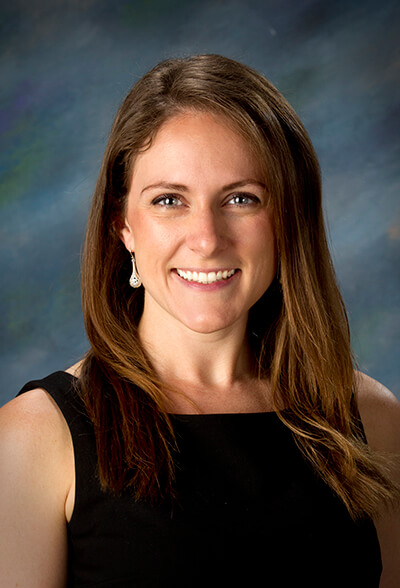
University Faculty Scholar
Dr. Candace Croney, director of the Center for Animal Welfare Science and professor of animal behavior and well-being in the Department of Comparative Pathobiology, who also holds a joint appointment as professor of animal sciences in the College of Agriculture.
Showalter Faculty Scholar
Dr. Maggie O’Haire, associate professor of human-animal interaction in the Department of Comparative Pathobiology
The final two faculty members honored during the virtual ceremony were recognized for being appointed as Distinguished Professors. They are the first women faculty members named as Distinguished Professors in the college and bring the number of Distinguished Professorships in the college to four, which is highest number in PVM’s history.
Dr. Ourania Andrisani was named Distinguished Professor of Basic Medical Sciences. Dean Reed explained that she has had a distinguished career as a research scientist and is highly regarded as a national and international expert on the molecular biology of the hepatitis B virus. “Dr. Andrisani has an outstanding record of leadership in the scientific community and has served on NIH study sections for more than two decades,” Dean Reed said. He also noted that she has an excellent record of training PhD students and post-doctoral fellows; has consistently published her research in very high impact journals; and is a valued member and significant contributor to the Purdue University Center for Cancer Research. “She is very deserving of this prestigious recognition.”
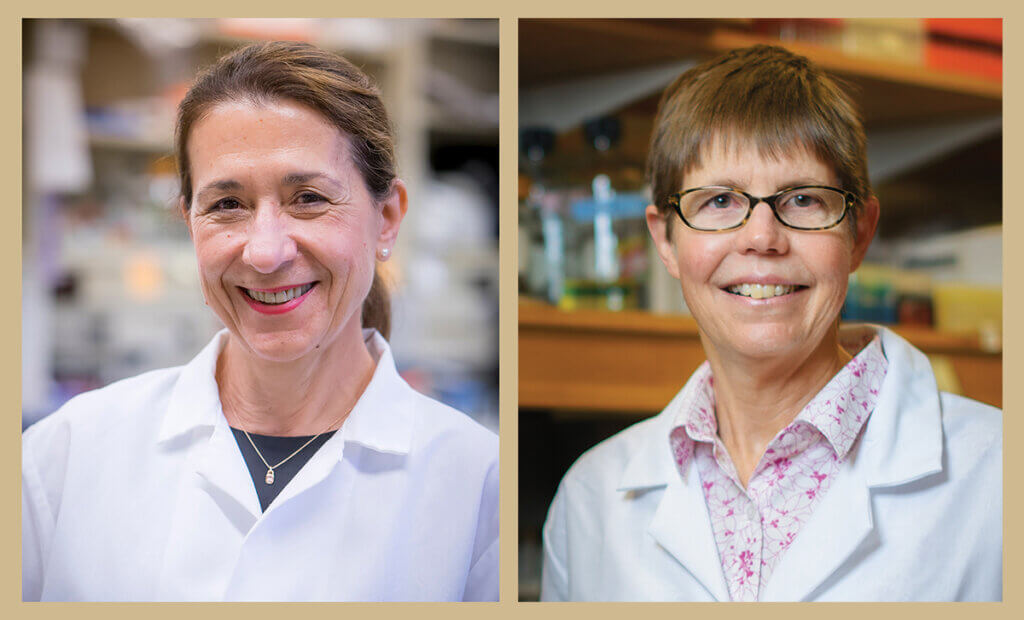
Dr. Deborah Knapp was appointed as Distinguished Professor of Comparative Oncology. Dean Reed described Dr. Knapp as one of the most respected and accomplished comparative oncologists in the field of veterinary oncology. “Her work on bladder cancer in dogs is highly regarded and her discoveries have had a significant impact on both animal and human health,” Dean Reed said. In her role as the Dolores L. McCall Professor of Comparative Oncology, Dr. Knapp is known for training oncology residents and has extensive collaborations with oncologists around the country. Dean Reed noted that her work on the use of Cox inhibitors has been cutting edge and has demonstrated its effectiveness in the treatment of bladder cancer in dogs, greatly extending their life expectancy. “She has made many other contributions, as we have treated the awful disease of transitional cell carcinoma of the bladder. She is a major contributor to the Purdue University Center for Cancer Research and she has led the comparative oncology program for over 20 years.”
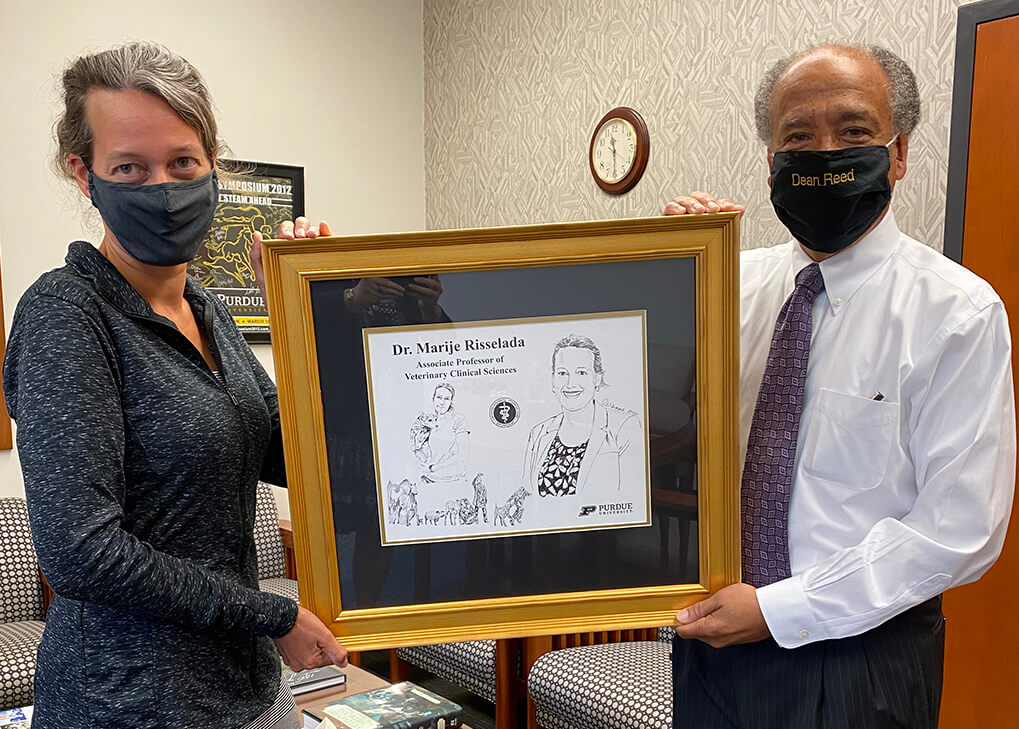
The Distinguished Professorship appointments were recognized by the Purdue University Board of Trustees at their meeting June 11.
As the program concluded Dean Reed thanked all of the faculty for “all that they do in the pursuit of excellence and as we pursue our next giant leap here in the college.” He added, “We had so much to celebrate this year, some really significant accomplishments—and because of our current situation we couldn’t come together to celebrate in person as we would have preferred. But this occasion is something we definitely did not want to pass by.”
The ceremony concluded with an opportunity for the honorees to share comments, as they thanked their teams and the leadership of the college for their support. Congratulations to each of these honored faculty members!
